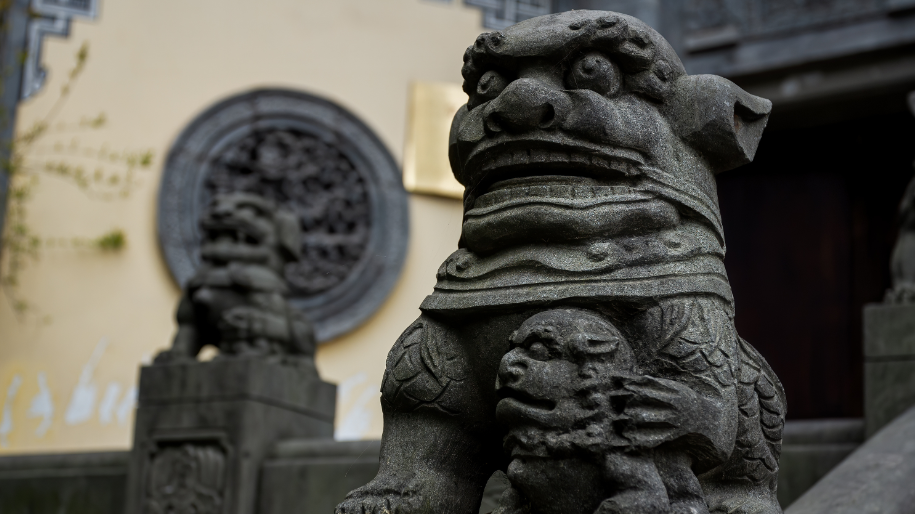China copper imports surge to record as arbitrage pulls in metal

China’s copper imports rose to a record for a second straight month in July, customs data showed on Friday, buoyed by favourable international prices that kept an arbitrage window open and strong demand in the world’s top consumer of the metal.
Arrivals of unwrought copper and copper products into China were 762,211 tonnes last month, the General Administration of Customs said. That was up 16.1% from the previous record of 656,483 tonnes set in June and up 81.5% from 420,000 tonnes in July 2019.
Activity in China’s manufacturing sector, a key source of copper demand, expanded in July for the fifth month in a row. Excavator sales, a bellwether for the construction industry, another big user of copper, jumped last month more than 40% year-on-year.
Imports of copper concentrate were 1.795 million tonnes in July
He Tianyu, an analyst with CRU, said the record high was mainly due to the spread between London and Shanghai copper prices, which made it cheaper to buy metal from overseas in a so-called arbitrage. That arbitrage window shut around July 20, He added.
“Demand was especially good in (the second quarter) because it was pushed back from (the first quarter),” He said. “Demand for copper from the air conditioning sector is good.”
Imports of copper concentrate were 1.795 million tonnes in July, customs said. That was up 12.6% from June, the lowest monthly total since September 2019, but down 13.5% from a year earlier.
Copper smelters are struggling to secure enough concentrate as mining restrictions to contain the coronavirus leave the market short.
Meanwhile, China’s exports of unwrought aluminum and aluminum products were 373,402.3 tonnes last month. That was up 5.5% from June, which was the lowest monthly total since February 2019, but down 23.3% year-on-year.
Orders for aluminium shipped from top producer China have suffered as the spread of the pandemic overseas reduces demand.
CRU’s He cautioned however, that third-quarter copper demand may decline as feedback from consumers during a recent visit to Jiangsu province, a major smelting region, was that refined copper demand was “just so-so.”
(By Tom Daly; Editing by Muralikumar Anantharaman)
{{ commodity.name }}
{{ post.title }}
{{ post.date }}




Comments